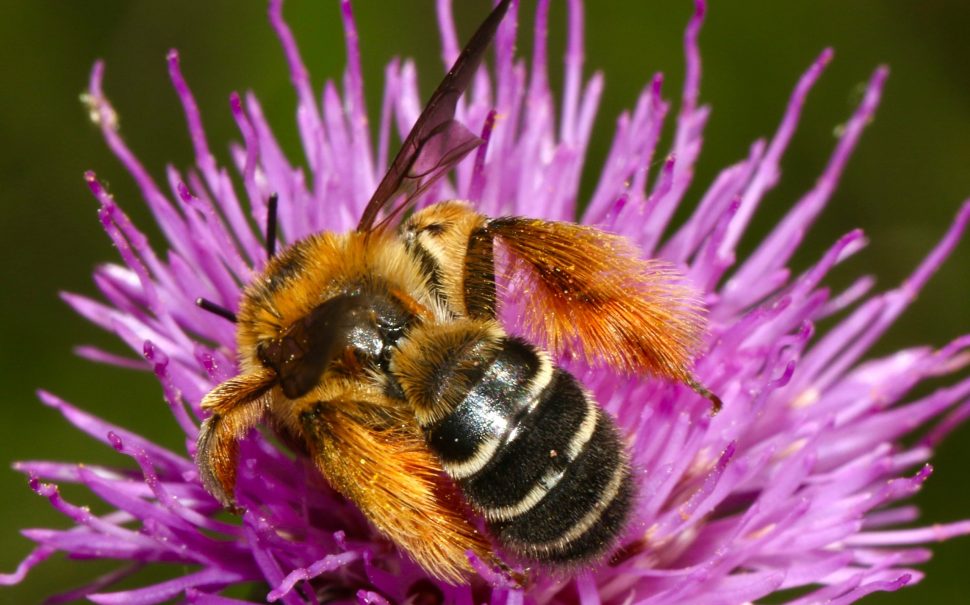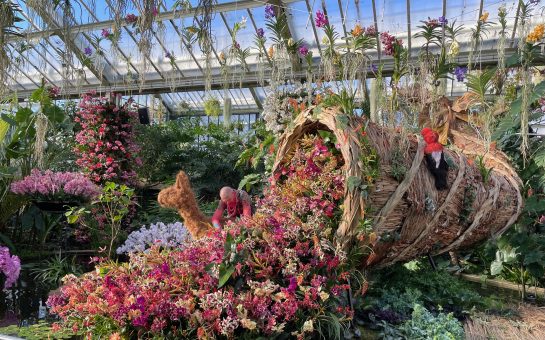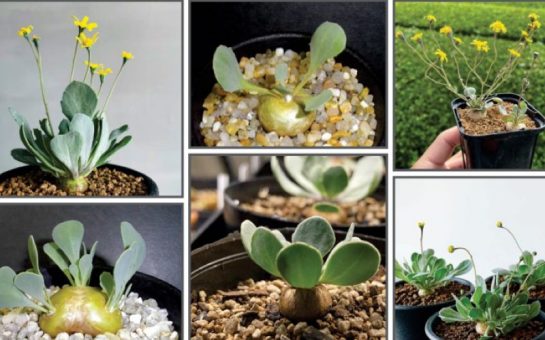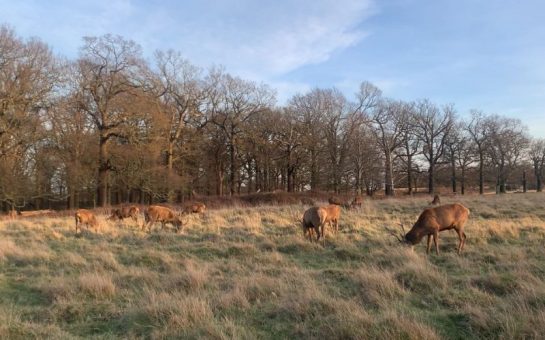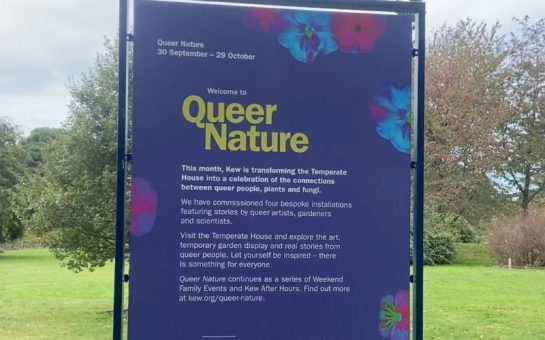Kew Gardens will host a science festival on July 15 to celebrate Bees Needs Week 2025, an annual event run by Defra to raise awareness of the importance of pollinators.
According to data from the Bumblebee Conservation Trust, 2024 was the worst year for bumblebees in the UK since records began, with numbers falling by 22.5% compared to the 2010-2023 average.
Kew Gardens will run a Bees Needs station onsite at The Hive, where visitors can taste fresh honey, watch a live bumblebee nest in the bumblearium, and learn how to monitor their local bee population through the UK Pollinator Monitoring Scheme.
The Department of Sustainable Land Management‘s Professor Michael Garratt said: “Pollinators are vital for producing many of the foods we enjoy, from apples to strawberries and raspberries.
“Our research helps farmers, land managers and policymakers take practical steps to protect and support pollinators, and events like Bees’ Needs Week are a brilliant opportunity to share that knowledge with the public.”
The decline in bee numbers is a major ecological concern.
The Met Office noted many areas of the country experienced between two to three times more rainfall than the usual for the time of year in March, April, and May.
The Bumblebee Conservation Trust concluded the drop in the number of bees was likely due to cold and wet conditions in the UK last spring.
Observations of white-tailed and red-tailed bumblebees, both common species, fell by 60% and 74% respectively.
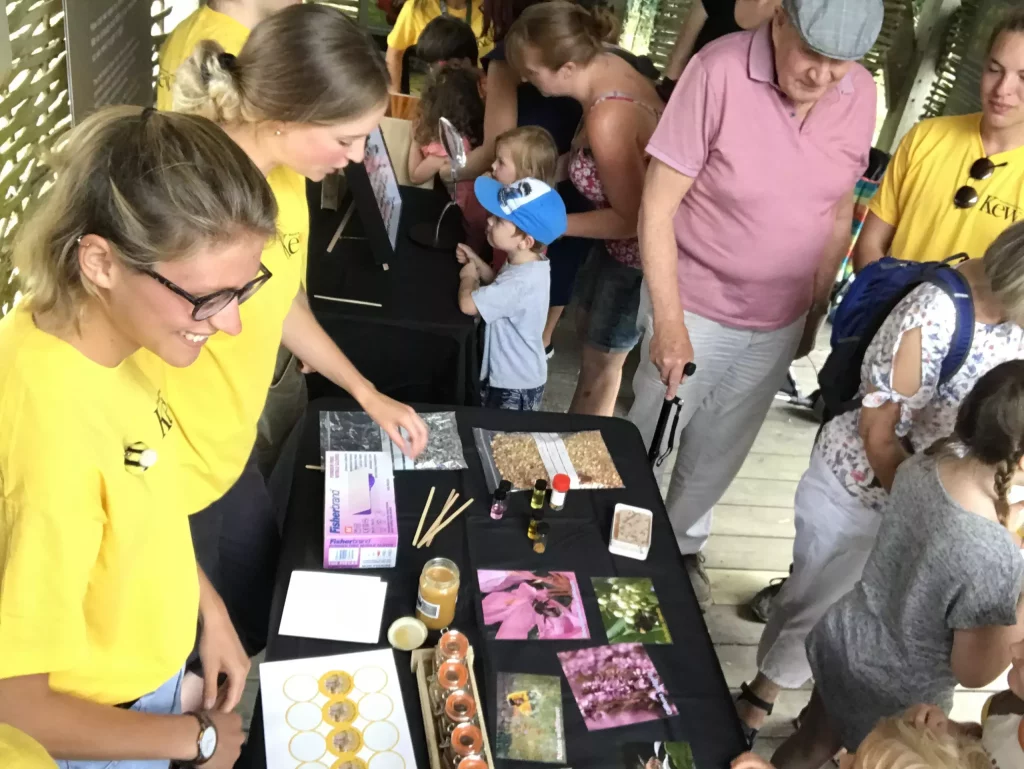
The trust’s science manager Dr Richard Comont said: “We’ve got smaller, weaker populations of a lot of these bumblebees because of long-term habitat changes, and smaller weaker populations are less able to respond to changes [as] they don’t have that resilience.”
Kew Gardens have suggested five simple ways the public can help pollinators.
They are to let patches of garden and land grow wild, avoid the use of pesticides, do not disturb insect nests and hibernation spots, cut grass less often, and grow more nectar-rich flowers, shrubs and trees.
Kew Gardens biochemist Artur Jasanský said: “Not only do bees bolster the biodiversity of temperate ecosystems, but they also play salient roles in the production of many popular fruits and crops.
“Bees are very sensitive to changing climate conditions, and Bees’ Needs Week is an entertaining event which spreads awareness about this crucial topic.”
The University of Reading’s Reading Bee Team will attend the festival and highlight the value of pollinators in their interactive bumblearium.
Minister for nature Mary Creagh, who will meet with researchers, as well as presenting individuals and organisations making significant contributions to pollinator conservation with the Bees’ Needs Champions Awards, is also set to be in attendance.
Feature image: Free to use from Unsplash
